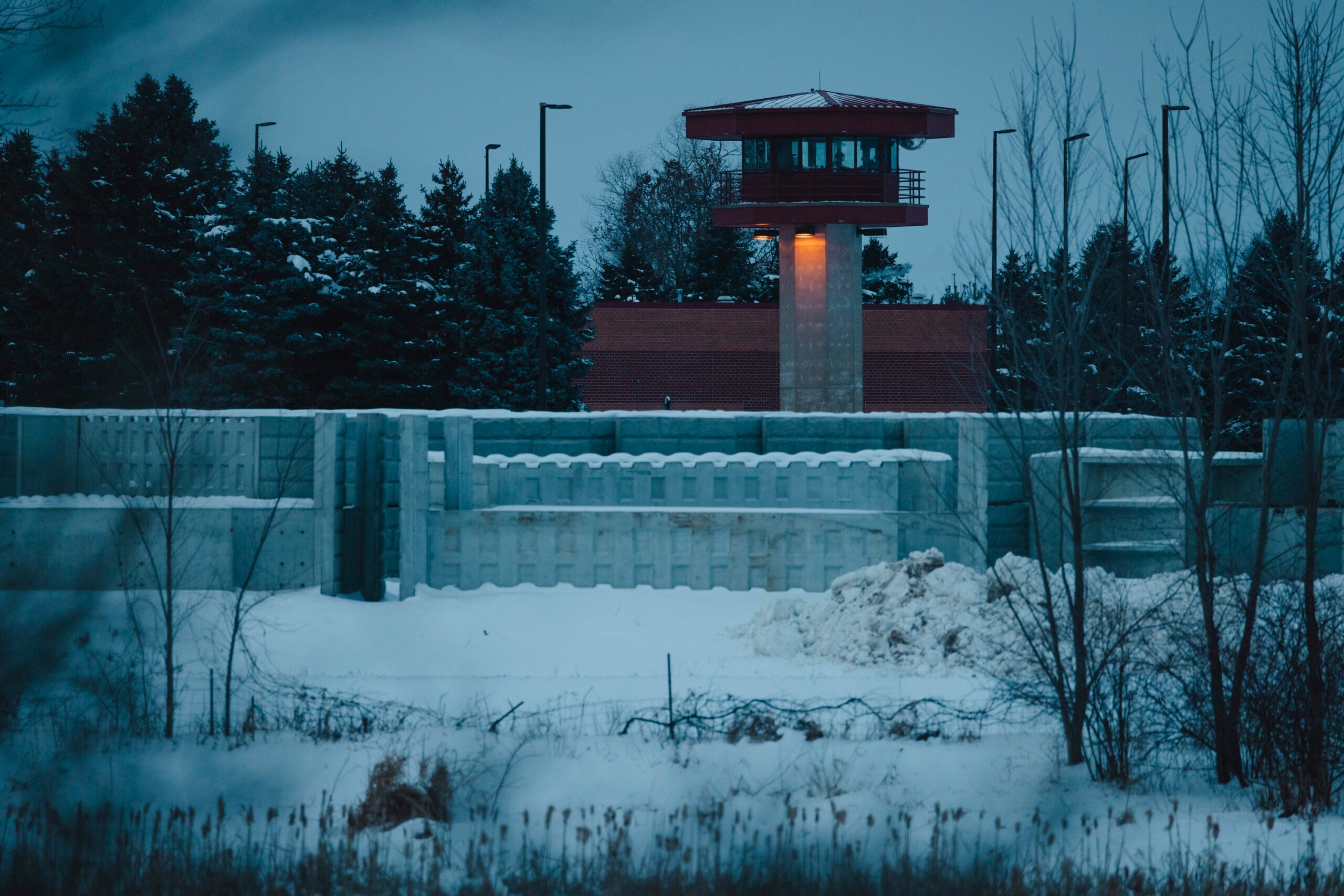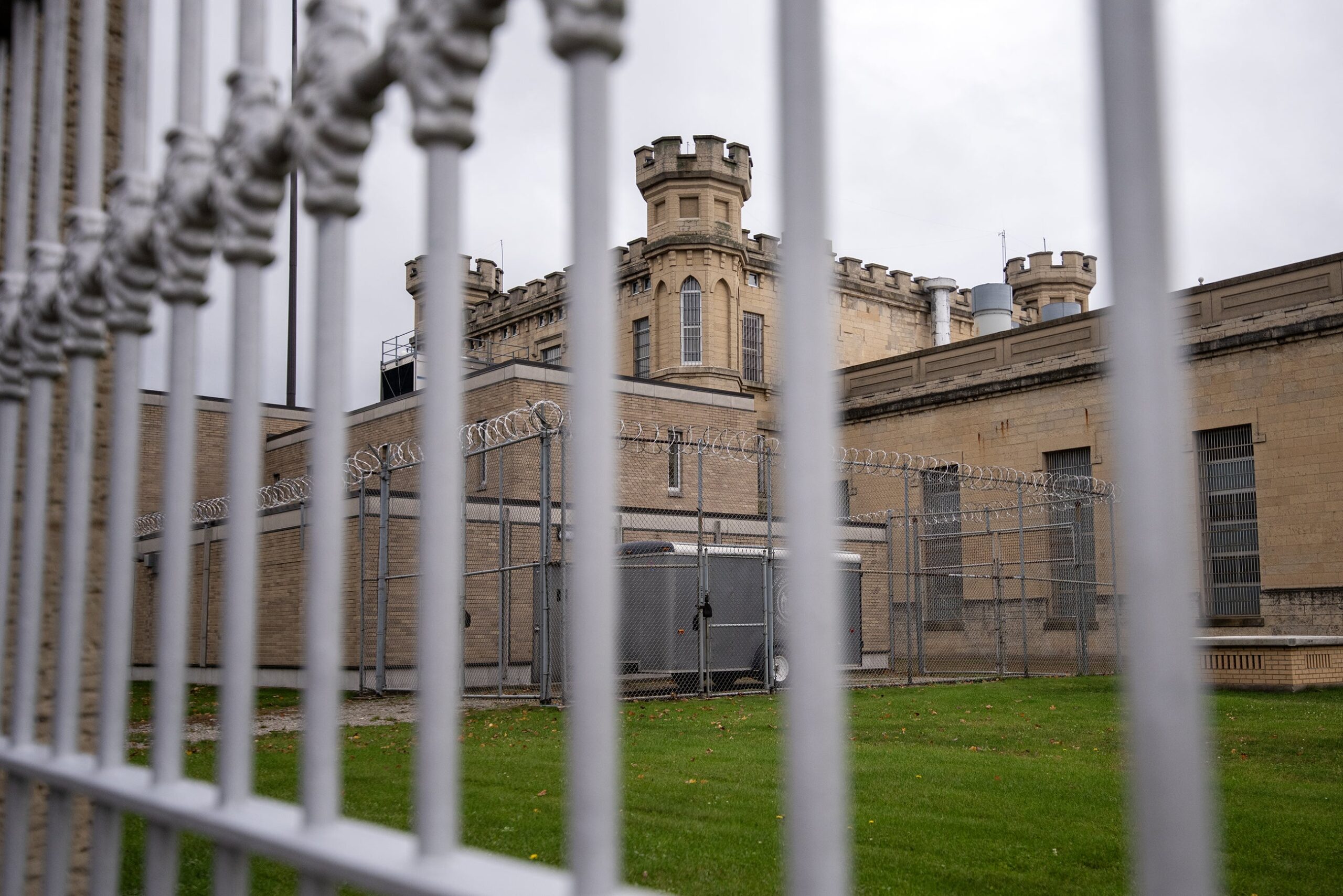The state Department of Corrections says a change in overtime rules for guards has saved the state $2 million. But union leaders say the change has made the prisons less safe.
A recent report from the governor’s Waste, Fraud, and Abuse Elimination Task Force tallies the corrections cost savings. DOC Administrator Dennis Schuh says the end of collective bargaining for correctional officers made it possible for the department to distribute overtime assignments across pay grades instead of having to abide by union contracts that allowed officers with the most seniority and highest pay to work more overtime, “So instead of always paying premium overtime to the most expensive people it should, if the security officers accept overtime relatively evenly across all seniority it should pull down our costs to a mid-level.”
But there’s a downside to the $2 million savings this has made possible according to Marty Biel the director of the state employees union. Biel says spreading overtime across pay grades also often means less experienced officers are filling posts in dangerous cell blocks, “Instead of the experienced older more senior officers working the overtime they bring in the guy with seven months seniority who has no idea and probably never worked in that housing unit before let alone hasn’t even worked a year in a correctional facility so it creates a dangerous environment.”
Stay informed on the latest news
Sign up for WPR’s email newsletter.
There are no statistics yet on whether there’s been an increase in violence or discipline problems since the new overtime system has been in place. And the DOC’s Dennis Schuh says the $2 million savings won’t necessarily translate to a decrease in the DOC’s $1 billion budget, “Cost savings doesn’t mean money in the bank.”
Wisconsin Public Radio, © Copyright 2024, Board of Regents of the University of Wisconsin System and Wisconsin Educational Communications Board.





